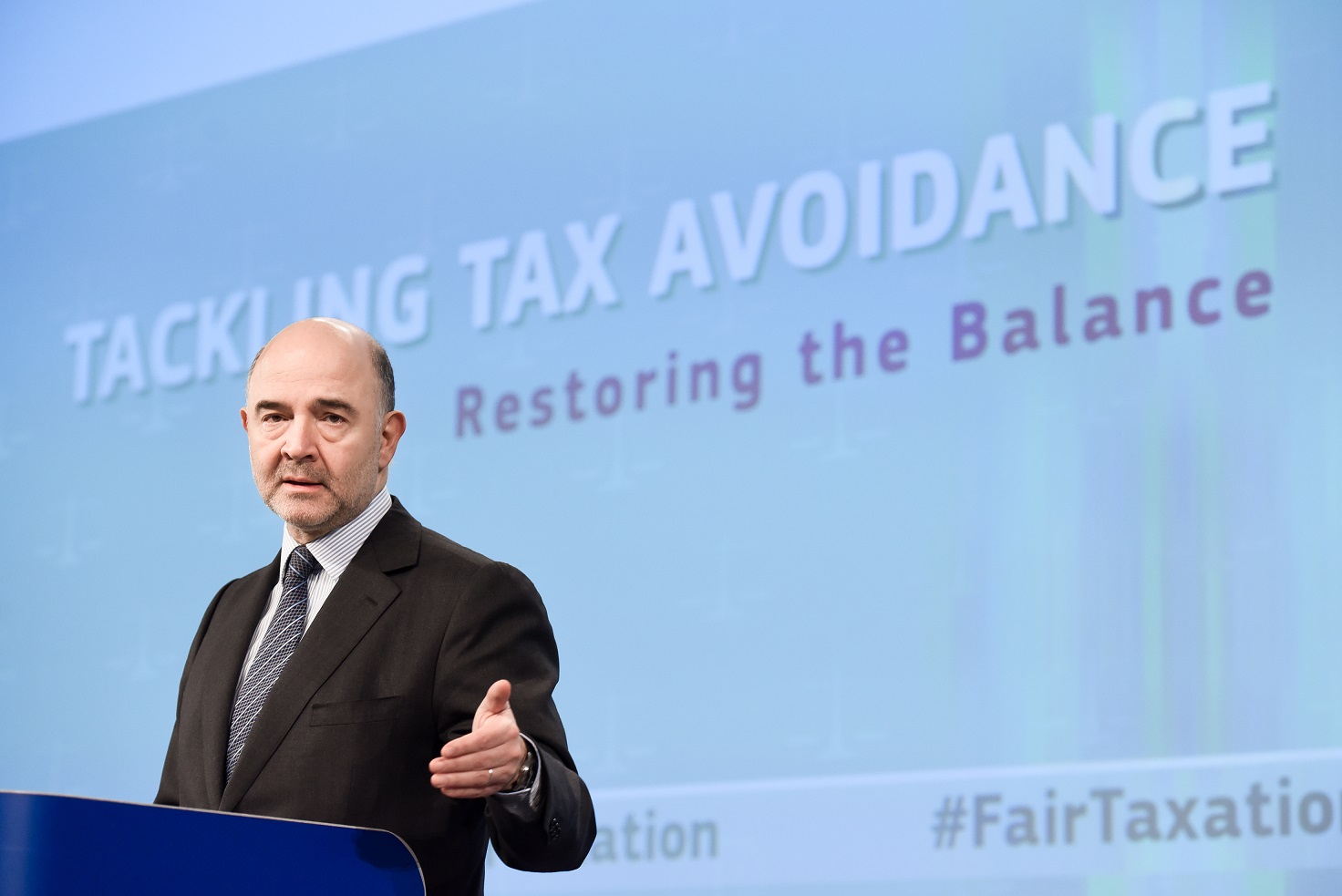Education needs quality public investment: Combating tax fraud, evasion and avoidance to offset austerity
Published:
On 28 January, the European Commission has presented an action plan on corporate taxation, focusing on establishing a Common Consolidated Tax Base for Corporations (CCCTB) in the EU as well as making companies pay their taxes in countries where they produce their profits. The long way on combating tax avoidance and evasion has started as a response to the financial scandal Luxemburg Leaks (LuxLeaks) revealed in 2014 by a journalistic investigation. The scandal of the Luxembourg’s tax rulings set up benefitting hundreds of multinational companies has driven the public’s attention on tax avoidance schemes. It has undeniably contributed to kick-off a first dig into the implementation of measures aimed at reducing tax dumping and regulating tax avoidance schemes. So far, however, the action plan on corporate taxation appears to be still insufficient, according to ETUC. The tax will be prevented from being transferred to another tax regime only when the difference in corporate tax is more than 40%. Moreover, the information on tax will be shared only among tax authorities, without any need to be transparent towards the public[1].
According to the European Commission, corporate tax avoidance costs European countries between € 50 and 70 billion per year in lost revenue. Commenting on these numbers, ETUCE European Director, Martin Rømer, said: “Billions of Euro are lost to communities and growth enhancing investment in people simply because in a globalized economy tax laws continue to be nation-based only. That creates unprecedented opportunities for tax avoidance. It is high time that the European institutions stop ignoring this matter”.
Several times, ETUCE has called the European institutions and European governments to take all the necessary measures to ensure they have sufficient revenue to invest in education, this includes by combating corporate tax evasion and avoidance to raise additional and fair revenues from multinational companies. Unfortunately, the debate on the exiting from the economic crisis had been for too long only focusing only on budget cuts and austerity. This has resulted in increasing discrimination and jeopardizing access to and the provision of quality education. At the same time, many governments have lowered their tax burden for corporations, preventing other countries from collecting the tax revenue coming from profits generated in their country, creating space for tax dumping within the EU. This is amply demonstrated by the recent ruling by the European Commission against Luxemburg and Netherlands offering respectively Fiat and Starbucks special tax arrangements estimated to account to €20-30 million each, or the Google’s special tax treatment in the UK, or yet, the order to Belgium to recover €700 million in unpaid taxes from 35 multinational companies.
“There are two viable paths for sound public finances: one is through austerity and cuts affecting especially public investment in key areas such as education, the other is by fighting corruption, tax fraud, evasion and avoidance, affecting profits of multinational companies which have been benefiting until now. Europe needs to close these loopholes to the benefit of quality public investment and European citizens”, concluded Martin Rømer.
[1] ETUC Press release: EU Tax proposals with giant loopholes, 28/01/2016